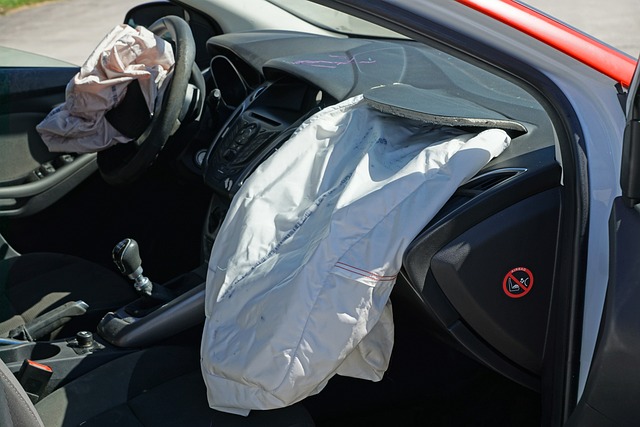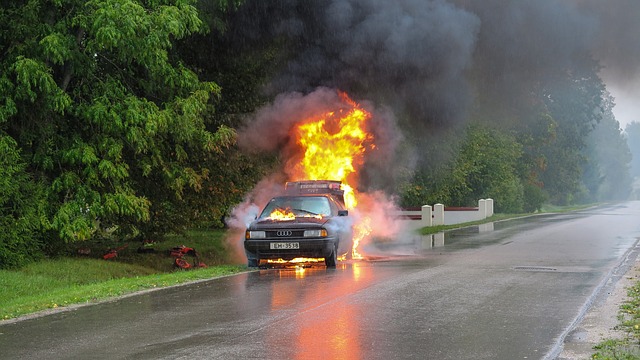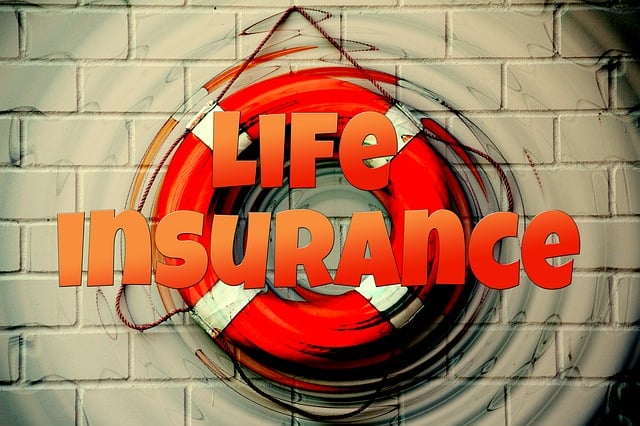So, you’re looking to get auto insurance, huh? Yeah, we’ve all been there. Staring down all those options on what does automobile insurance cover? Well don’t stress, I got your back. In this quick guide, we’ll break down exactly what basic auto insurance does and does not include. That way you can make sure you’ve checked all the right boxes before hitting the road. We’ll talk liability, comprehensive, collision – all the nitty gritty details your policy should handle if something goes wrong.
Understanding Automobile Insurance Coverage
When you purchase automobile insurance, it’s important to understand what exactly is covered in your policy. The coverage amounts and limits can vary between policies, so make sure you know what’s included in yours.
- Liability coverage pays for damages to other vehicles or property in an accident where you are at fault. It also covers medical bills for injuries to other drivers or passengers. Liability coverage is required in most states to legally drive a vehicle.
- Collision coverage pays for repairs to your vehicle after an accident. Even if the accident is your fault, collision coverage will help pay for damages. Comprehensive coverage is similar but covers non-collision-related events like vandalism, theft, or natural disasters. Uninsured/underinsured motorist coverage protects you if you’re in an accident with a driver who has little or no insurance. It will help pay for injuries to you or your passengers as well as damage to your vehicle.
- Medical payments or personal injury protection (PIP) coverage pays for medical bills for you or your passengers after an accident, no matter who is at fault. Some states require a minimum amount of PIP coverage.
- Additional extras like roadside assistance, rental car reimbursement, and gap insurance can be added to most standard policies for an additional cost.
Be sure to discuss your coverage options with your insurance agent to determine appropriate coverage amounts based on your state’s requirements and your own needs. Review your policy details and coverage limits carefully so you fully understand what is and isn’t covered in the event of an accident or claim. The right automobile insurance policy can give you peace of mind while protecting you from financial loss.
What Does Automobile Insurance Cover
Automobile insurance policies typically come with several types of coverage to protect you financially in various scenarios. The specific coverage and limits you choose will depend on your needs and budget.
Liability Coverage
Liability coverage protects you if you’re found at fault for an accident that causes injury to another person or damage to their vehicle or other property. It covers the other party’s medical bills, lost wages, and vehicle repairs up to your chosen coverage limits. Most states require minimum liability coverage, but higher limits are advisable to avoid paying out of pocket.
Collision Coverage
Collision coverage pays for repairs to your vehicle after an accident. It covers the costs to repair or replace your car after an accident, regardless of who is at fault. Collision coverage is optional but recommended for vehicles that are newer or still being financed.
Comprehensive Coverage
Comprehensive coverage, also known as “other than collision” coverage, protects your vehicle from damage due to events other than a collision, such as theft, vandalism, weather events, or impacts on animals. Like collision coverage, comprehensive coverage is optional but suggested for newer vehicles.
Uninsured/Underinsured Motorist Coverage
Uninsured motorist coverage protects you if you’re in an accident with a driver who has no liability insurance or inadequate limits. It covers your medical bills and vehicle damage up to your chosen coverage limits. Underinsured motorist coverage applies when the at-fault driver’s policy limits are too low to fully cover your costs.
Medical Payments Coverage
Medical payment coverage pays for medical expenses for you and your passengers after an accident, regardless of who is at fault. It can help cover copays, deductibles, and other costs not covered by health insurance. Medical payment coverage is optional but provides additional peace of mind.
Other optional coverage
You may also want to consider coverage like roadside assistance, rental car reimbursement, and gap insurance for your specific needs and situation. Your insurance agent can explain the details of any optional coverage you’re interested in.
Conclusion
So, there you have it on “What does Automobile insurance Cover” for an auto insurance policy. As you shop around for coverage, keep these key points in mind. Make sure liability meets your state’s minimums and consider adding comprehensive and collision if your car still has decent value. Review all discounts you may qualify for to score a lower rate. And don’t forget about uninsured motorists in case the other driver causes an accident but lacks sufficient insurance.
Selecting the right auto policy takes some work upfront, but having proper coverage in place sure pays off if you ever need to file a claim down the road. Now you can cruise into the insurance buying process armed with knowledge on what coverages cater to your situation. Drive safe out there!






